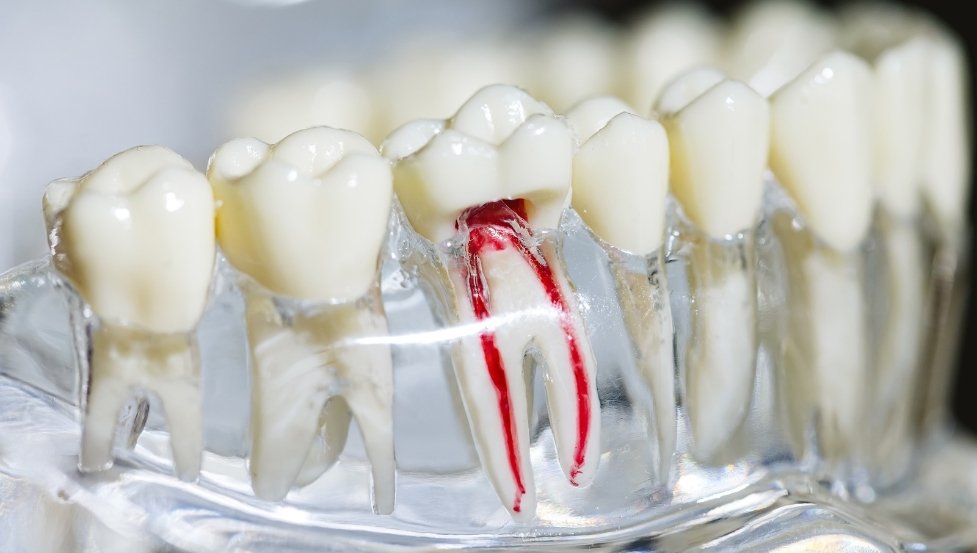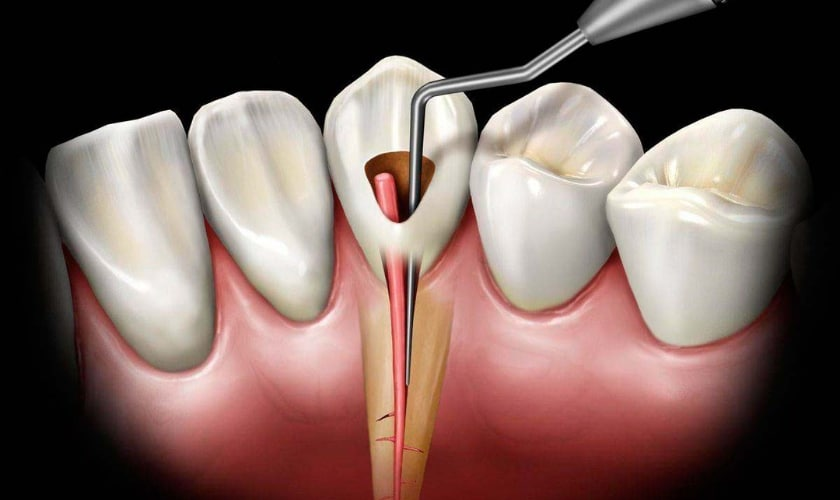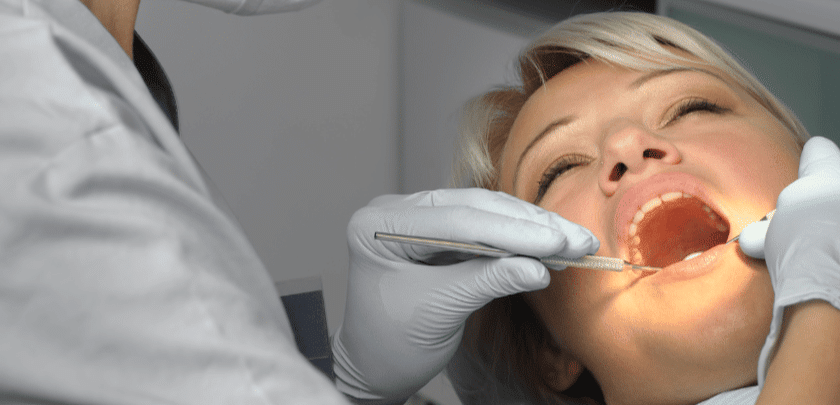
A root canal is a common dental procedure that many people undergo to save a damaged or infected tooth. While the procedure itself is a crucial step towards oral health, the post-root canal care you take afterward is just as important to ensure a successful recovery and to prevent future complications. Here are nine essential measures to take after undergoing a root canal treatment
1. Follow Your Dentist’s Instructions
First and foremost, adhere closely to any specific aftercare instructions provided by your dentist. These directions are tailored to your individual health needs and the specifics of your dental procedure. Your dentist may prescribe medications like antibiotics or pain relievers, and will provide guidelines on when to take them and for how long.
2. Manage Pain Effectively
After the anesthesia wears off, you may experience some discomfort. It’s normal to have some pain or soreness in the jaw, as the procedure involves keeping your mouth open for an extended period. Over-the-counter pain relievers such as ibuprofen or acetaminophen can usually manage this discomfort. If your pain persists or worsens, contact your dentist, as this might be a sign of complications.
3. Avoid Certain Foods
For the first few days after a root canal, your tooth may feel sensitive. Avoid chewing on the side of your mouth where the root canal was performed to give the area time to heal. Stick to soft foods like yogurt, scrambled eggs, soup, and smoothies. Steer clear of hard, crunchy, or sticky foods that might dislodge the temporary filling or irritate the area.
4. Maintain Good Oral Hygiene
Good oral hygiene is crucial for post-root canal care. Continue brushing your teeth twice a day and flossing daily, but be gentle around the treated area to avoid causing pain or dislodging the new filling. You might want to use a softer toothbrush and avoid mouthwashes containing alcohol, which can irritate the treated area.
5. Keep the Area Clean
Keeping the area clean helps prevent infection. Rinse your mouth with salt water several times a day to reduce swelling and soothe sore gums. This natural remedy helps to keep the area free of harmful bacteria.
6. Avoid Smoking
Smoking can significantly delay healing and should be avoided after a root canal treatment. The chemicals in tobacco can interfere with the blood flow in your gums, which can compromise the healing process and increase the risk of complications.
7. Monitor for Signs of Infection
Watch for signs of infection, which can include visible swelling, an increase in pain, or a return of original symptoms. If you notice anything unusual, especially the appearance of pus or a foul taste in your mouth, contact your dentist immediately.
8. Attend Follow-up Appointments
Follow-up appointments are crucial to ensure that the tooth is healing properly and that the infection has been fully cleared. During these visits, your dentist can also finalize the permanent restoration of the tooth, such as placing a crown, to ensure it remains strong and functional.
9. Be Patient with Recovery
Recovery times can vary depending on the individual and the specifics of the procedure performed. It’s important to give your body time to heal and not rush the recovery process. Most symptoms should diminish within a few days, but if you’re concerned about any aspect of your recovery, it’s always best to consult your dentist.
A root canal treatment can relieve pain and save your tooth, but the recovery process is just as crucial as the procedure itself. By taking proper care after your root canal, you ensure the best possible outcome and maintain your oral health. Remember to communicate openly with your dentist about any symptoms or concerns that arise post-procedure. Your journey to a healthier smile depends not only on professional dental intervention but also on diligent personal care post-treatment.


